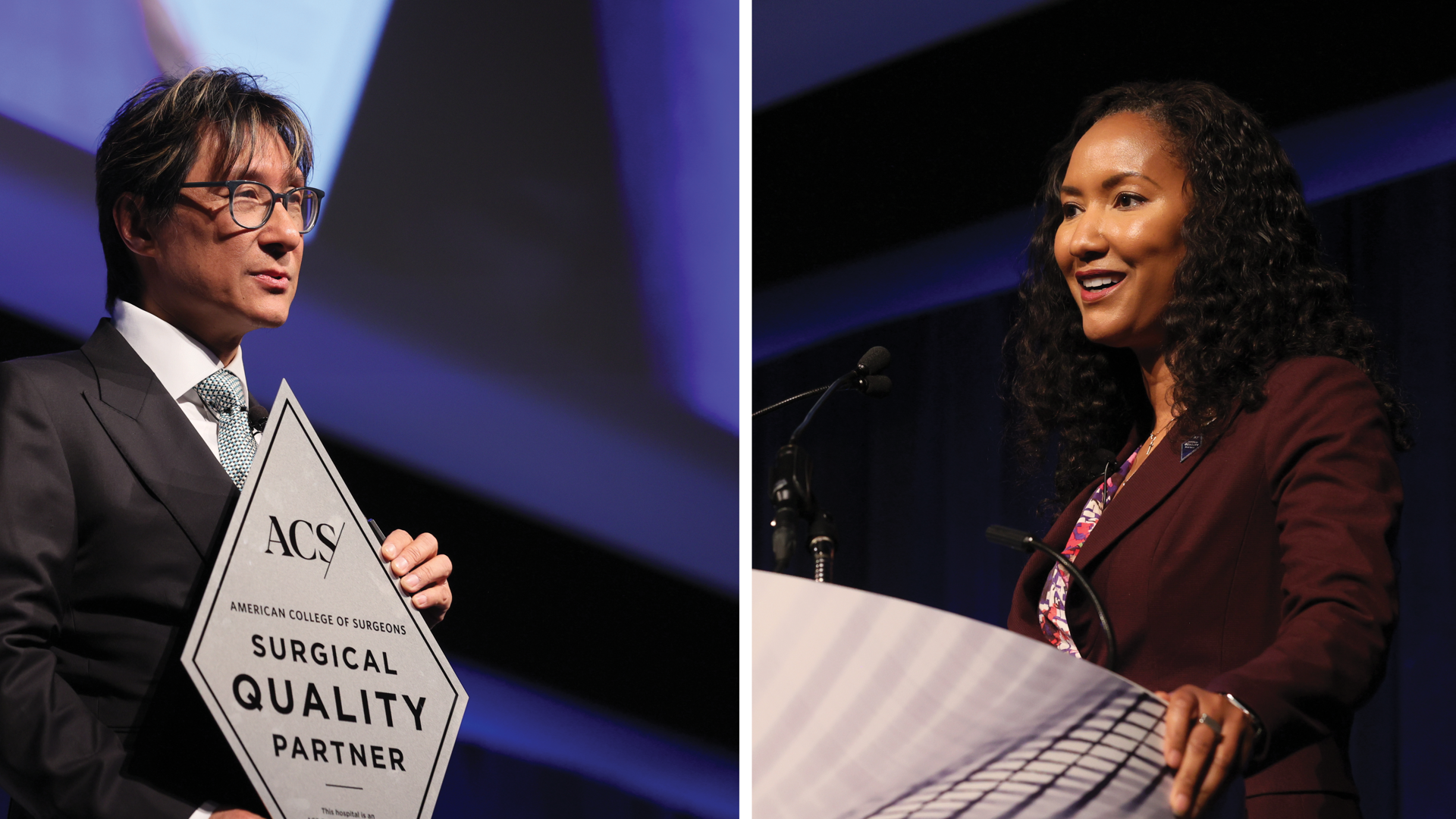The Resident and Associate Society (RAS) Advocacy and Issues Committee will host the annual RAS Symposium at the ACS Clinical Congress, October 22–25, in Boston, Massachusetts.
This year’s symposium—taking place on Sunday, October 22—will explore whether fast-tracking and early specialization are the evidence-based future of surgical training or an unsustainable solution that may exacerbate the problem it is intended to address.
Once upon a time, all surgeons were general surgeons who performed operations from head to toe. Surgical training was by definition “general” because surgical practice required it. Since then, the number and complexity of surgical procedures have multiplied, and the expertise to perform them has been organized into dozens of subspecialties.
Is the philosophy that all surgeons should first be general surgeons still a fact or just a fairy tale?
Models for Early Specialization
Years ago, some specialties transitioned away from the general surgery model. Orthopaedic surgery, otolaryngology—head and neck surgery, and urology are 5-year categorical residency programs. Many plastic and reconstructive surgery programs now are structured in an “integrated” format, combining 3 years of multidisciplinary surgical training with 3 years of primary plastic surgery experience.
Cardiothoracic surgery training follows one of three pathways: the traditional 2- or 3-year residency following 5 years of general surgery training; an integrated 6-year pathway; or a fast-track pathway offering surgery residents early entry into a 3-year cardiothoracic surgery training program after 4 years of general surgery.
Reported advantages of the integrated pathway include the development of wholly integrated models that allow for complementary general surgery rotations, increased trainee focus on the most pertinent skills and techniques, and sufficient flexibility to prioritize the best interests of the trainee.1
Accelerated training time does not necessarily adversely impact case volumes or board certification rates. Initial graduates of the early specialization program in vascular and cardiothoracic surgery, for instance, passed general surgery and specialty exams at a higher rate than general candidates.2 Integrated vascular surgery residents had comparable vascular surgical experiences compared to vascular surgery fellows and recorded significantly more major vascular procedures.3
In an era when surgical trainees report record-high rates of professional burnout4,5 and the majority go onto subspecialty fellowships, early specialization has the potential to reduce the number of years in training, focus trainees’ time on achieving expertise in practice-relevant procedures, and accelerate the supply of surgeons to meet a widening workforce shortage.
Unintended Consequences of Fast-Tracking
But the potential disadvantages of shuttling the next generation of surgeons into accelerated training pathways are not trivial.
As critical access hospitals consolidate or close, a lack of general surgical care for rural patients could worsen the urban–rural outcome divide. Early specialization would necessitate medical students to commit to a specialty, sometimes before exposure to or experience in the breadth of surgical care. And as healthcare shifts toward a value-based model of reimbursement, subspecialization could contribute to more fractured care pathways.
For specialties accustomed to trainees who have already completed 5 to 7 years of surgical residency, an integrated pathway commits the program to working with younger, less-experienced learners.
Attrition rates in the integrated 6-year cardiothoracic surgery pathway have received particular attention. One suggested strategy is to make multiple pathways available at an institution and have the flexibility to make up for potential vacancies when residents leave the program.1
This year’s RAS Symposium will feature a discussion on early specialization and integrated subspecialty training as the default model for all surgeons—from trauma to cardiothoracic, from critical care to colon and rectal, from plastics to primary care surgery.
What is the future of surgical practice, and how should the structure of surgical training reflect the personal and professional needs of trainees to ensure clinical competency and career longevity?
Join the debate during the RAS Symposium, as RAS members and ACS leaders weigh the benefits and drawbacks of early specialization, identify potential impacts on trainees, training programs, and surgical patients, and make a compelling case that reflects the needs and demands of contemporary surgical training in the 21st century.










